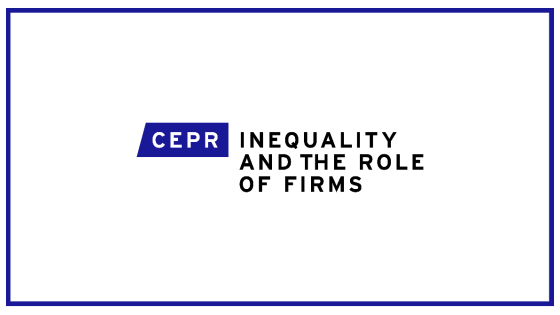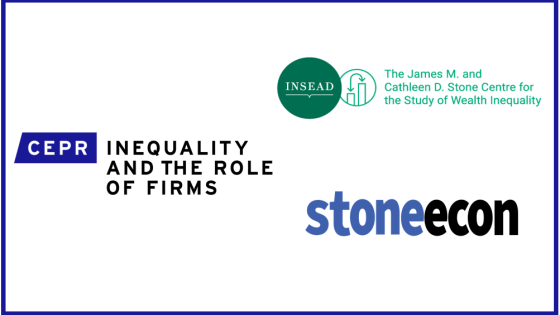

Search the site

Scholars have documented the negative impact of higher inequality on, among other things, growth, the political process, health, and social mobility. Efforts to mitigate increasing inequality can focus on both distributive (tax and transfer) policies, as well as the market forces that determine incomes before government taxes and transfers. While there will always be a significant role for redistributive policy, the high level of inequality today can only be effectively tackled if market incomes are also made less unequal. The focus of this RPN is on the market side of inequality equation and in particular on the role of firms in determining market incomes and wealth.
Firm decisions around innovation and technological change, employment and pay, supply chains and outsources, governance and shared capital, among others, all have direct or indirect effects on market inequality and business leaders and managers need to balance these impacts against other objectives of the firm. The RPN will both bring together scholars working on determinants of and solutions to market inequality within firms as well as connect scholars and business leaders who are making these decisions. A unique feature of the RPN is the connection between business leaders and researchers that we hope will inform both research and firm practice. Activities of the RPN will include joint scholar-practitioner workshops, VOX columns, case studies and policy insights. Workshops will also promote peer-reviewed publications in traditional economic outlets.
On Tuesday, 12 December, 9:00 - 12:20 and 13:30 - 14:30 (Paris time), the Inequality & the Role of Firms RPN, joint with the Labour Economics Programme, held a Session at Sciences Po during the CEPR Paris Symposium 2023.



























